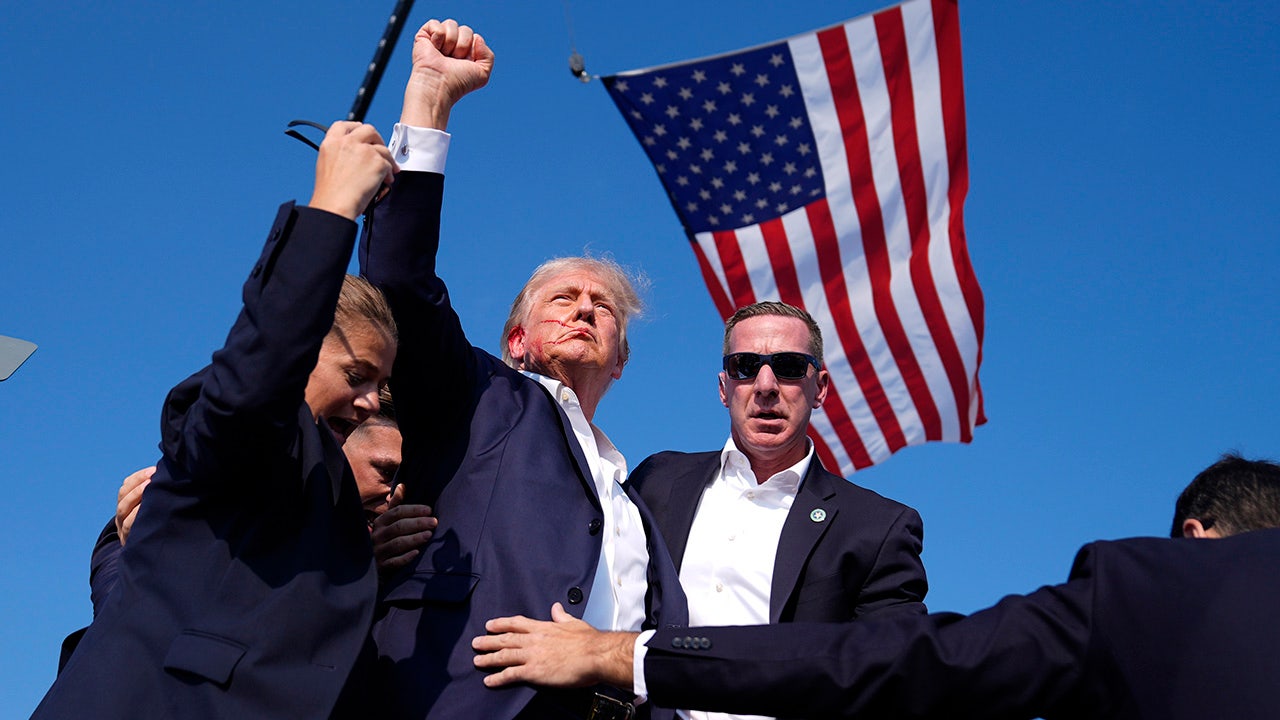The Speaker’s Lobby: Thermonuclear Fracas

The bipartisan panel investigating the assassination attempt of President-elect Trump gathered in the Rayburn House Office Building for a crucial hearing. The 13 members of the task force, led by Rep. Jason Crow and chaired by Rep. Mike Kelly, were determined to address the failures of the Secret Service in Butler, Penn., where gunman Thomas Crooks nearly killed Mr. Trump.
The committee praised some reforms at the Secret Service, such as the increased use of drones and automated robot “dogs” for security measures. However, they expressed frustration over not examining Crooks’ body, determining a motive, or identifying whether he acted alone or had assistance.
Acting Secret Service Director Ronald Rowe testified at the hearing, acknowledging the agency’s failure and lack of proper performance during the Butler rally. While he promised accountability, he failed to provide specific examples of discipline.
The situation took a drastic turn when Rep. Pat Fallon and Rowe engaged in a heated altercation during the hearing. Fallon accused Rowe of endangering President Biden and Vice President Harris during a 9/11 event for political gain. The intense exchange between the two overshadowed the committee’s focus on improvements and after-action reviews.
Fallon’s allegations that Rowe’s positioning at the event was a “vanity project” and that he jeopardized the lives of protectees added fuel to the already fiery confrontation. The clash between Fallon and Rowe became the focal point of the hearing, overshadowing the bipartisan efforts of the committee.
The fallout from the altercation raised concerns about potential distractions from the committee’s intended purpose. Fallon defended his actions, blaming Rowe for initiating the confrontation and implying potential repercussions for his outspokenness.
The Trump assassination attempt investigation, already a contentious issue, became even more volatile due to the explosive confrontation between Fallon and Rowe. The intense exchange will likely be remembered as one of the most heated moments in congressional hearing history, eclipsing the committee’s efforts to address critical security issues within the Secret Service.




